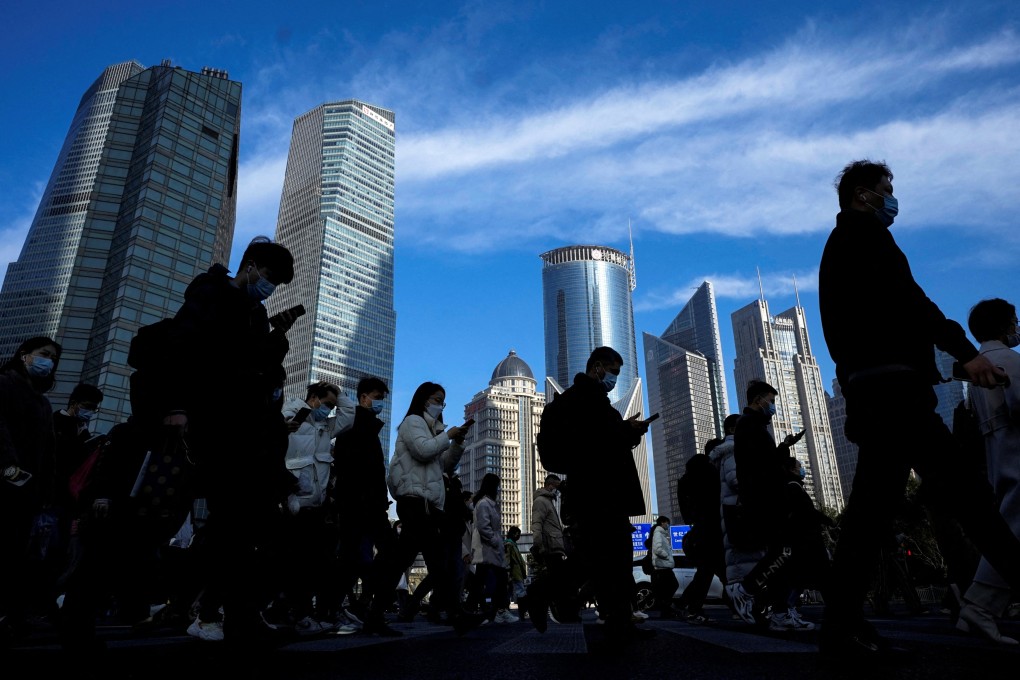Advertisement
Apple’s AirDrop in focus as China moves to restrict Wi-fi, Bluetooth file-sharing over ‘national security’ concerns
- Real-name registration among requirements in draft rules posted on top internet watchdog’s website for month-long public consultation
- Move is latest in Beijing’s drive to boost national security after use of AirDrop by mainland zero-Covid and Hong Kong anti-government protesters
Reading Time:3 minutes
Why you can trust SCMP
7

China is planning to regulate file-sharing among nearby mobile devices for “national security” reasons, in a move expected to impact the use of such communication apps such as Apple’s AirDrop.
According to a draft released by China’s top internet watchdog, the new rules aim to limit the use of any “file transfer services that rely on Wi-fi, Bluetooth, and other information technologies to form networks instantly and communicate to other devices over a short-range”.
The Cyberspace Administration of China (CAC) posted the draft regulation on its website on Tuesday as it launched a month-long public consultation on the matter.
Advertisement
The CAC move is the latest in Beijing’s drive to “safeguard national security”. File-sharing service AirDrop – which is available on iPhones and other Apple devices – was used during public demonstrations last winter against the mainland’s strict zero-Covid restrictions, and also during anti-government protests in Hong Kong in 2019.
Similar close-range wireless communication features launched in recent years by other companies include Files by Google and Fast Share on Google’s Android operating service.
Advertisement
Chinese phone makers Vivo, Xiaomi and Oppo also offer such file transfer services that are compatible among their own devices.
Advertisement
Select Voice
Choose your listening speed
Get through articles 2x faster
1.25x
250 WPM
Slow
Average
Fast
1.25x